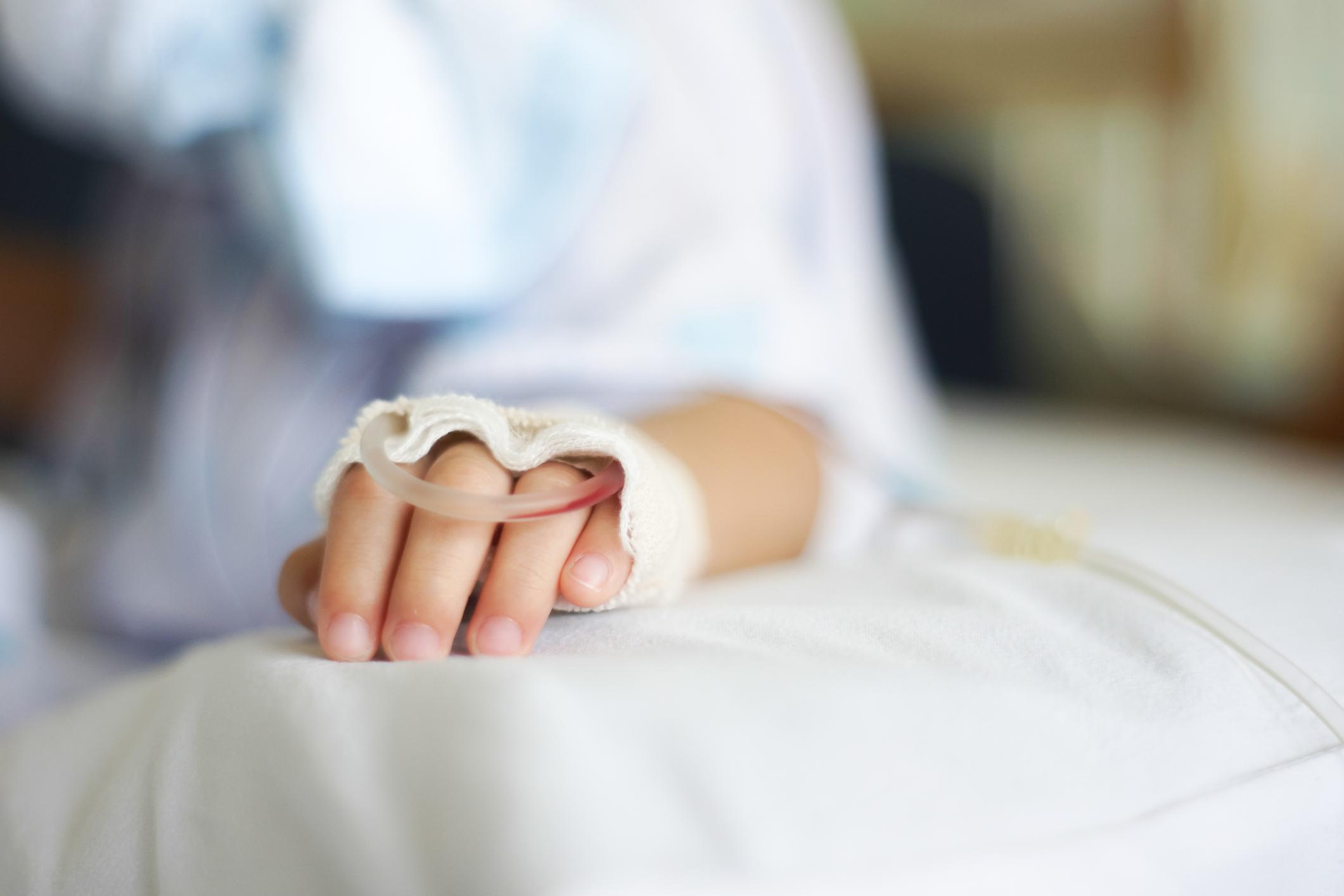A study of children with kidney transplants shows that they have a good quality of life. 18 months after their transplant, their psychological health returned to normal.

The few studies available on the quality of life of children after transplantation are most often concerned with their educational, socio-professional or family future after their transplant. But what about their psychological fate? Indeed, undergoing an organ transplant, sometimes after several years of illness, at an age when other children are quietly going to school or experiencing their first romantic feelings is probably not without consequences on the emotional level. This is the question that attempted to answer a study carried out in 8 French university hospitals on 40 children and adolescents from 5 to 15 years old and their parents, awaiting kidney transplantation. The results of this work carried out over 5 years are presented today at the Academy of Medicine.
Parents more anxious than children before transplantation
To carry out this study, the children and adolescents selected therefore met a child psychiatrist 3 times, when they were registered on the transplant waiting list, 6 months after the transplant and 18 months after their transplant. During these meetings, a therapist assessed their level of anxiety, the presence or absence of depression and their overall quality of life. The parents of her children were also seen for an interview. “The quality of an individual’s life is a complex and subjective concept. For a child, it is the satisfaction felt at school, at home, with friends that allows him an accomplishment and a feeling of well-being, ”specifies Pr Philippe Duverger, child psychiatrist at the University Hospital of Angers and author of this study. Before the transplant, 53% of the children surveyed said they felt very well “often” and 77% felt very well “from time to time”. But according to the results of this analysis, it seems that the parents were more anxious than their children while waiting for this transplant.
Listen to Prof. Philippe Duverger, child psychiatrist at Angers University Hospital: ” Before the transplant, it is the parents who are very anxious, the child being much more passive. He is caught up in a protocol, in a regularity of examination and accepts whatever is asked of him. “
After the transplant, young people express difficulties
Six months after their kidney transplant, the measure of the quality of life of transplanted children does not appear to have changed significantly in this study. For the authors, this stagnation of the quality of life is not synonymous with deterioration, on the contrary, it can mean an improvement. Indeed, it could even reveal the birth of a critical sense, as in all adolescents.
However, specialists point out that transplantation generates specific psychological problems that the child sometimes takes several months to overcome. First of all, although expected and experienced as such, the transplant is not a cure. A feeling of disappointment and disillusion can therefore appear. In addition, death anxieties are frequent in this situation. Conversely, some specialists tell of the appearance of a feeling of immortality in other transplanted children. Blind as a revival, the transplant can sometimes be at the origin of behavior of restlessness and instability of the manic type. In addition, accepting the presence of the transplanted organ sometimes takes time. “The mechanism of psychic incorporation of the graft is all the more marked as the child is large and aware that his life is linked to the presence of this foreign body,” adds Professor Philippe Duverger. Sexual identity is sometimes called into question on an imaginary level, with the fantasy of a donor of a different sex from oneself ”. Finally, the authors of this study also note a difference in the quality of life of young people transplanted according to their sex.
Listen to Prof. Philippe Duverger : “ Girls have more problem with their physical appearance because of the side effects of anti-rejection treatments. Girls attach much more importance to their academic success after the transplant. “
18 months after the transplant, a quality of life equal to other children
“In the vast majority of cases, the transplant improves the quality of life. I had seen a few cases of young transplant patients who experienced their transplant as a 2th chronic disease, because of the anti-rejection treatment ect … But thanks to this study, we saw that from an epidemiological point of view the transplant allows these children to find a level of quality of life equivalent to children who are not not sick ”rejoices Professor Duverger. Indeed, 18 months after their kidney transplant, 71% of children say they feel very well “often”. On all the evaluation criteria, this study made it possible to demonstrate that they are found in non-sick children of the same age. In terms of education, for example, a year and a half after their transplant, 30% of the children had no academic delay. 55% were one or two years behind, and only 10% failed at school.
Listen to Prof. Philippe Duverger : “Their criterion of greatest satisfaction is independence. A teenager who is doing well is a teenager who challenges and who in a quality of life questionnaire will be able to say that he is not happy and that he would like more. “
The authors of this study therefore conclude that it is not necessary to find very high post-transplant quality of life scores, but that, on the contrary, even high dissatisfaction scores, show a return to normal of the transplanted adolescent. Even if it can take several months, young kidney transplant recipients find in the majority of cases this freedom to oppose, to empower themselves without being in a destructiveness, or non-compliance with drugs.
.










-1730888646.jpg)






